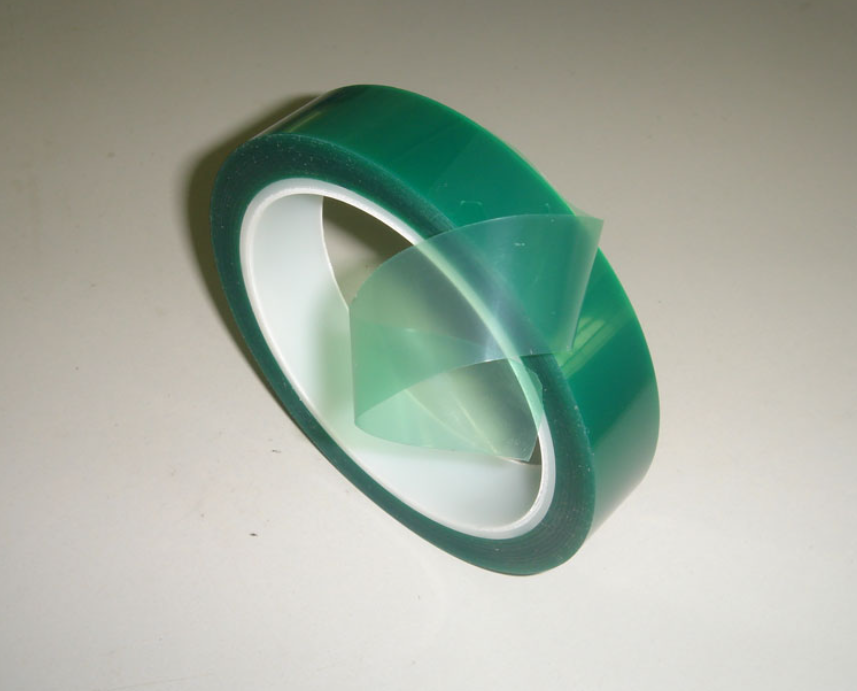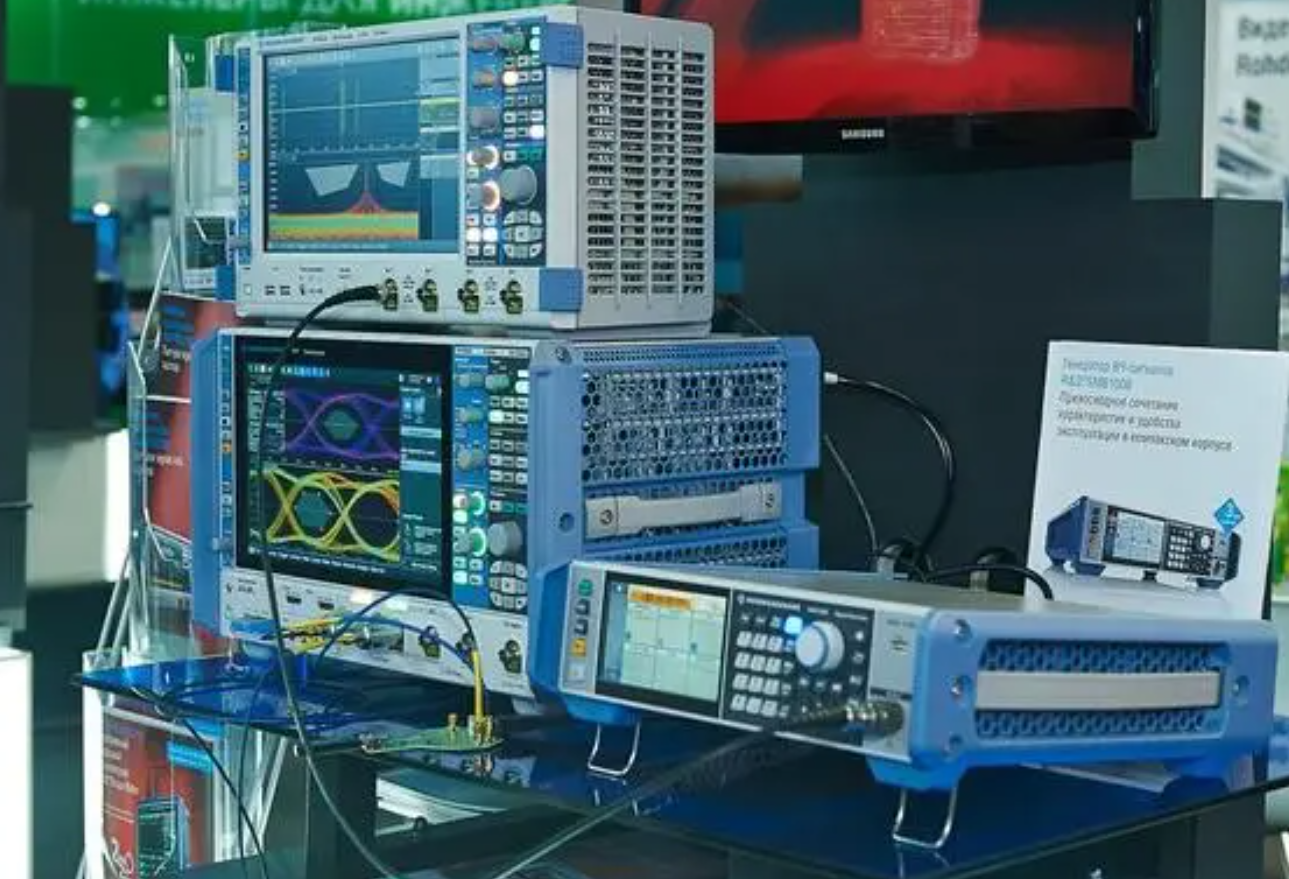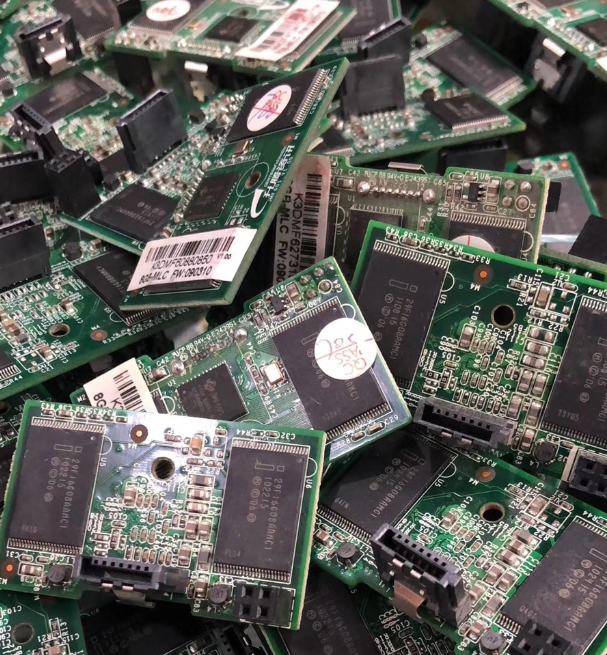The development and application of the Internet of artificial intelligence, and smart cities have brought great changes to people's lives, and electronic products have begun a new round of upgrading and popularization. How to use silicone PSA for electronics?
Silicone pressure-sensitive adhesives are widely used in the electronics industry to manufacture various protective films for them, thus providing comprehensive protection for the transportation, manufacture, and use of precision parts. For example, cell phone screen protection, computer screen protection, automotive glass, TV screen protection, and so on. Because of its advantages in wide temperature range resistance, weather resistance, chemical resistance, and light transmittance, adhesive strength, silicone psa has become the electronic protective film field of choice.
The following five aspects of the silicone PSA in the field of electronic applications:
- What are the features of silicone PSA?
- Why choose silicone PSA in electronics?
- How to choose silicone PSA?
- What are the applications of silicone PSA?
- How to make silicone PSA better performance?
1. What are the features of silicone PSA?
(2) Low yellowing
(3) Room temperature curing or heat curing
(4) High toughness and surface adhesion
(5) More optimized processability
2. Why choose silicone PSA in electronics?
Most of the electronic equipment manufacturing process is a complex, multi-step process, highly complex parts have spawned many support industries, and pressure-sensitive adhesive materials in different areas are playing an important role.
Silicone psas are an adhesive material that creates a viscous flow through a slow and appropriate light pressure which comes into close contact with the surface of the object to be adhered, generating intermolecular forces and achieving interfacial bonding.
(1) In the field of wireless charging, pressure-sensitive adhesive tapes help to bond, secure, and protect modules at the receiving and transmitting ends, thereby improving their energy efficiency.
(2) In the display field, optical pressure-sensitive adhesives are used to bond various optical materials inside the screen in order to maintain optical transparency under high temperature and high humidity conditions to ensure imaging clarity.

(3) In the manufacturing and transportation process to protect a variety of fine electronic parts (such as the screen and its parts), in order to prevent them from being damaged due to scratches and bumps that may occur during transportation.
Silicone pressure-sensitive adhesive is widely used in the preparation of various electronic industry protective films for the transportation of precision parts, manufacturing, and use to provide comprehensive protection.
XJY-301 Silicone Pressure-sensitive Adhesive
It is made of the specific structure of silicone resin and high molecular weight polydimethylsiloxane with the cooperation of organic adhesive, which is applied to specific scene conditions. Compared with natural rubber, it has high-temperature resistance, high stability, good electrical insulation, good transparency, high peel adhesion, and so on, and has a wide range of applications in the field of industrial products processing, electronic processing, optical materials, health care and so on.

3. How to choose silicone PSA?
(1) In the selection of silicone pressure-sensitive adhesive, viscosity is usually the first consideration. Viscosity is different from adhesion, it usually refers to the peel force between the substrate and the protective film, viscosity also includes the initial adhesion, maintaining adhesion, and cohesion, which are all factors that need to be considered when selecting pressure-sensitive adhesives.
(2) To protect the parts manufacturing process (such as evaporation coating, and screen printing): silicone pressure-sensitive adhesives need to withstand the special conditions of certain processes to ensure that the process can make a specific target component functionality without affecting the remaining components. For example, with the increasing demand for photographic results, the process of functional coating on lenses is particularly important.

The coating process usually needs to withstand temperatures of 200 ° C or higher and can be subjected to this temperature for a short period of time, to maintain sufficient adhesion and cohesion to ensure that the lamination process does not warp and to avoid vapors affecting the rest of the components. At the same time, there is no adhesive residue after peeling and no adverse effect on subsequent processing.
As the industry becomes increasingly competitive, protective film manufacturers are looking to effectively control costs by reducing the thickness (number) of coatings and ensuring viscosity and reliability. On the other hand, it is necessary to use pressure-sensitive adhesive on the surface of materials that are not easy to adhere to, such as anti-fingerprint screens (fingerprint technology is a very low fluorine content of fluorine-containing coatings coated).
4. What are the applications of silicone PSA?
(1) Electrical insulation
Electrical insulation is mainly transformers, electromagnetic coil winding insulation and outer envelope, wire and cable joints, and end insulation. The most commonly used are polyvinyl chloride tape and polyester tape. It needs heat-resistant silicone pressure-sensitive adhesive, glass cloth, PTFE, or Polyimide as the base material of the tape. Small transformers and low-voltage coils with Polyvinyl Chloride, Polyester, Polypropylene, or impregnated, coated paper and cloth substrates such as pressure-sensitive adhesive tapes as winding insulation, end fixing, and outer envelope.

For the requirements of heat-resistant large transformers use aromatic polyamide and glass cloth tape, can also be used Polyimide, PTFE, or silicone-impregnated glass cloth tape can also be used. In order to improve the electrical insulation properties of the transformer, there is generally insulating paint vacuum impregnation treatment, which silicone pressure-sensitive adhesive tape to resist the impregnation of insulating paint.
(2) Solder mask and surface protection
Printed circuit boards are plugged into the electroplating process to improve contact performance, circuit boards in the wave soldering, need to mask the parts of the tin is not; in the spray, masking tape. Masking tape is generally used in high-strength thin paper, crepe paper, or polyester film as a substrate. It is also required to be solvent-resistant, and wave soldering masking tapes are required to be instantaneously resistant to high temperatures of 230°C or more.
Household appliances with high-level nameplates and spray surfaces, CRT glass screen surfaces, as well as the surface of electronic calculators mostly use polyethylene film as the substrate of the protective film (a special pressure-sensitive adhesive tape) for surface protection. Requirements for easy peeling, silicone pressure-sensitive adhesive should not be left behind and contaminate the protective surface. Semiconductor and integrated circuit wafers should also be used to protect the film.

(3) Cluster fixed
Television deflection coil, degaussing coil, and other electromagnetic coils of the cluster and end of the processing of most use the flame-retardant Polyvinyl Chloride tape. Refrigerators, washing machines, and other electrical appliances, such as conduit or plywood fixing and sealing; Refrigerators, air conditioners, production processes, foamed polyurethane or foamed polyethylene and other insulation materials molding fixing and sealing, the casing of the tube glass and explosion-proof hoops between the cushioning are applied to a variety of pressure-sensitive adhesive tape.
Printed circuit board assembly plug-in automation needs components to be neatly arranged, the use of paper-based silicone pressure-sensitive adhesive tapes can make a single component woven into a tape-ordered packaging form, the whole plant and then in an orderly manner on the basis of a variety of components, in accordance with the pre-programmed instructions for the second selection of the program sequence of the tape, which is the only method of high-speed automated plug-ins can be carried out in the current electronics industry.
In addition, ceramic capacitors, Polyester capacitors, and resistors in the automated production of silicone pressure-sensitive adhesive tapes are required to be fixed. Electronic equipment tends to ultra-miniaturization, so the production of sheet (leadless) components will increase, which will make the leadless components packaging silicone pressure-sensitive adhesive tape and hot melt silicone pressure-sensitive adhesive dosage greatly increase.

(4) Double-sided adhesive
The installation of audio equipment scale board, and color TV door instructions signage using double-sided tape can greatly improve its workability. Foamed Polyurethane as the substrate of the double-sided tape is also widely used in audio-visual equipment for shockproofing. Electronic computers and other equipment needed for the miniaturization of flexible circuit board end reinforcement, electronic calculator keyboards used in the installation of diaphragm switches, liquid crystal display polarized pole installation and fixing, etc. are using double-sided adhesive tape.
5. How to make silicone PSA better performance?
There are many types of protective film, ordinary protective film structure is simple, with no functional layer, the main component is the substrate and pressure-sensitive adhesive, according to different application scenarios and functional requirements to choose different substrates, commonly PET, PE, OPP, PI, TPU, PVC and so on. With PSA properties in weather resistance, air permeability, and light transmittance at heat resistance and low temperatures extreme temperatures, silicone pressure-sensitive adhesive has become the best choice in the field of electronic protective film. How to improve the competitiveness of your products?
XJY Silicones is one of the leading silicone MQ resin and VMQ silicone manufacturers in China, with more than 30 years of R&D and manufacturing experience in the silicone industry as well as more than 15 related patents and technical support. Our silicone raw material products can meet the needs of the silicone PSA field and support the provision of diversified customized solutions.
